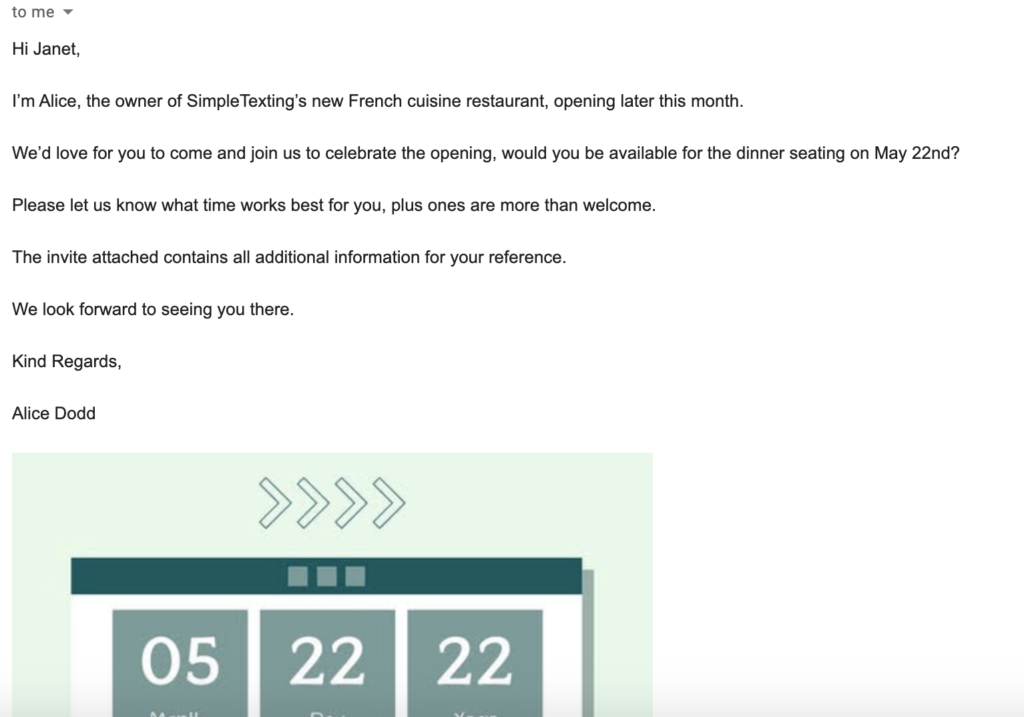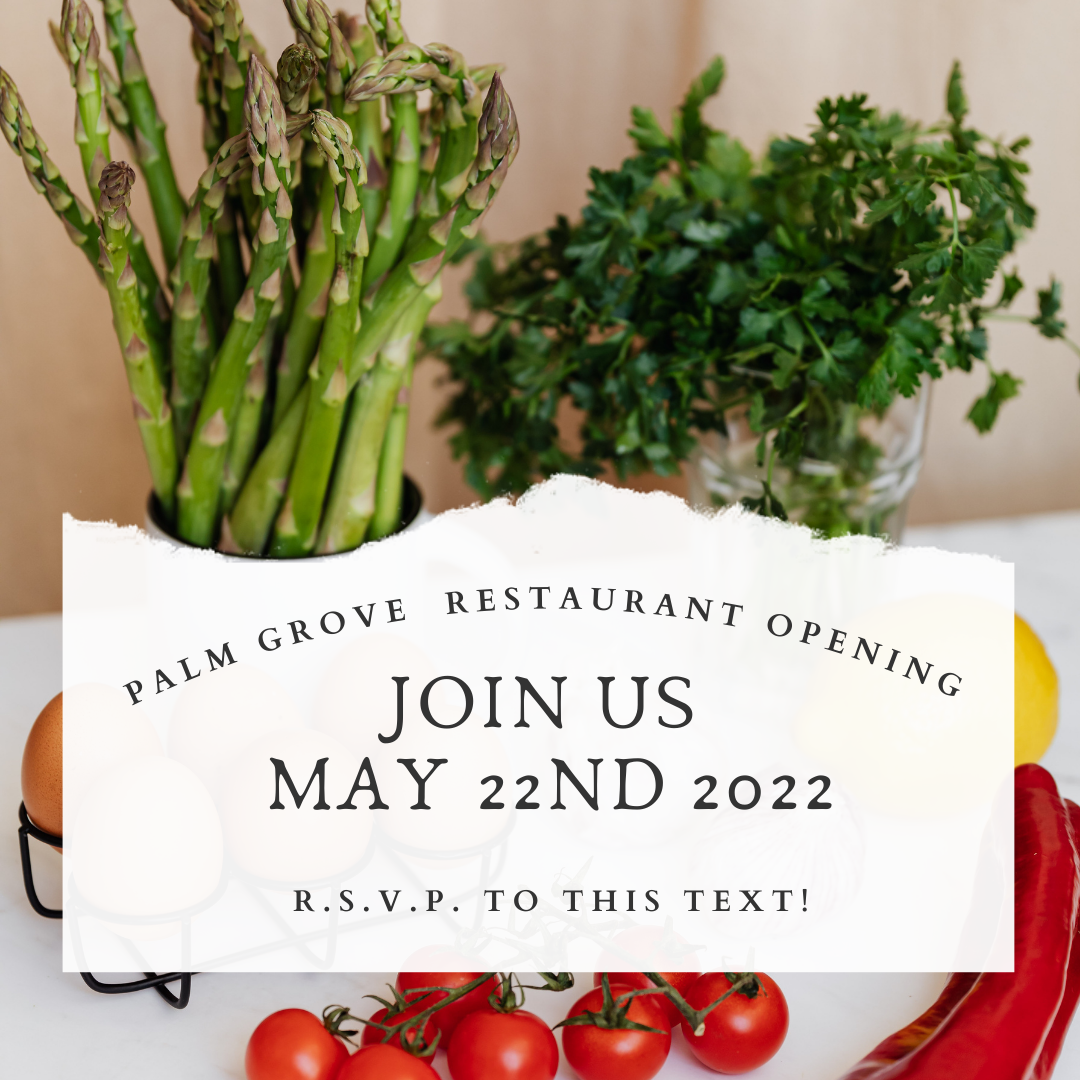The ultimate guide to a restaurant soft opening
A soft opening has quickly become the most popular way to launch a restaurant. Prepare your staff, take on feedback and make the night a success with our guide.

A soft opening has quickly become the most popular way to launch a restaurant. Prepare your staff, take on feedback and make the night a success with our guide.

You’ve bought your location, the staff is hired, the menu has been perfected, and all that’s left to do is open your restaurant.
But where do you start?
Whether you want a local buzz around your restaurant opening or to open your place quietly, a soft opening is a great way to test out and tweak your processes before throwing your doors open to the world.
Here’s everything you need to know to organize and promote your restaurant’s soft opening and make it a success.
TABLE OF CONTENTS
A soft opening, or soft launch, is the low-key opening of a new service, product, or place.
Restaurant openings are typically associated with fanfare around the big night, but a soft opening is the main event without all the attention. They usually come days or weeks before the grand opening and run for several nights.
Soft openings are becoming increasingly popular with restaurateurs as a low-pressure way to get feedback, prepare staff, and even build anticipation for the grand opening, which will likely come later.
Everybody wants their grand opening to be a success, so a quieter opening ahead of time is a great way to try out the menu and ensure the staff is trained and ready to go.
By inviting the right people and hosting a great night, your soft opening will generate more buzz and attention for your restaurant than an immediate grand opening.
A great soft opening starts with a solid checklist. Think about the top priorities you’ll want in place when your restaurant is open for business and start there. These might include:
List out all the pieces you want in place when you debut your restaurant and use them as a guide to prepare your soft opening.
Then, do a little research as you make your actual guest list. Soft openings are generally invite-only events, so think about who you want to be the first in your doors. That might mean food bloggers, critics, local influencers, and other business owners.
Write up your invites, send them out (more on that later), and you’re ready!
A big, highly publicized grand opening is a lot of pressure, and anyone in entertainment will tell you that things never go perfectly on opening night.
That means you’re going to want a dress rehearsal beforehand. That’s your soft opening. With a soft opening, you can get initial reactions to your restaurant and spot anything you’d like to fix before the doors officially open.
Not to mention, a soft opening is an excellent marketing opportunity that lets your community know that a new business is about to open. It builds anticipation and lets you get initial reactions out to the public before you open for business.
There are two categories of components you’ll want for your soft opening: the usual dishes, decor, and service you’ll feature once your restaurant is open, and some special touches for your big night.
These special touches might be:
The soft opening of each restaurant will depend on its location, clientele, and menu setup. A five-star restaurant will differ considerably from a diner, but both can benefit from a soft opening.
We recommend you keep a close eye on the following during the soft opening to ensure your business will be a success.
Every restaurant owner knows that a well-trained staff is at the heart of a successful business.
Use your soft opening to ensure everyone is on the same page, pulling their weight, and understanding their role. This is your time to improve your service and create a smooth process from start to finish for waiters and kitchen staff.
After you show your restaurant to the public, you may realize that some of your branding and artistic decisions need to be changed. Your branding is a huge part of your restaurant’s identity, so getting feedback on it from customers is vital.

While a full upholstery re-model is likely out of the question, things like ensuring that your menus are easy to read and your staff uniforms are appropriate and breathable (restaurant work can get very warm) are easy to solve and just as important as large-scale changes.
Naturally, your restaurant’s menu is the big draw that keeps customers coming back. Now is your chance to make sure their expectations are met, food prep times are realistic, and your flavor combinations and dishes taste great.

Unhappy customers are, unfortunately, part and parcel of the hospitality industry. However, for your soft opening, it’s a great idea to get feedback from all of your customers to ensure the majority are happy and satisfied by the end of their meal.
Maybe there’s a table interrupting the flow of servers, or perhaps the most popular dish takes 70 minutes to prepare.
This is your chance to take a look at the overall running of your restaurant and recognize what needs changing immediately, what needs monitoring, and what’s running smoothly.
Of course, the most important part of preparing for your soft opening is having guests in attendance. Here’s how we suggest inviting your guests to ensure they don’t miss the announcement.
Email marketing is always most successful when you have a clear goal and a warm audience who are already familiar with you.
If you’re inviting local businesses or media outlets that you can’t reach by SMS or phone, using their email (which is almost always public) is the best way to connect.
To ensure each message reaches the right person, make sure you send your emails directly, rather than to a general inbox where they could get overlooked. For example, janet@stnewsletters.com is a direct line of communication, rather than foodcritics@stnewsletters.com.
The less it looks like a marketing promotion, the better. We’d recommend sending a personalized email with the details included and then attaching a more general invitation.

With a 98% open rate, a text message invite will almost certainly be read.
If you use a business texting platform, not only can you send out multiple text message invites and personalize them, but you can also attach PDFs, images, and links. Your invite can be opened anytime, anywhere from a phone and the recipient will still get the whole experience, visuals and all.
As with an email, always include the vital information in the body of your message, even if you attach an additional invite for them to open.

Even better, if you’ve collected phone numbers and decided to use this method, you can also follow up with your invitees for feedback quickly and easily.
Sometimes an e-vite just won’t cut it. For friends and family, you may prefer to send out a direct invite via snail mail.
Not only is this a more personal approach to inviting people to your restaurant launch, but it also shows how much you care about the event and your guests.
You’ll be more likely to stand out from the sea of email invites and social media invites, and, let’s face it, everyone loves to put an invitation on the fridge!
The guests at your soft opening will have a direct impact on the future success of your restaurant.
Those first impressions matter more than ever – not just to spread the word and bring in more customers, but to make sure they come back again themselves.
For this reason, your soft opening should be an invite-only event. That way you’re more in control of your restaurant’s reputation while making a good name for yourself locally.
The top three groups of people you should have on your invite list are:

You don’t need to choose between a soft opening and a grand opening—you should be incorporating both into your restaurant launch strategy.
With a successful soft opening under your belt, you’ll be more prepared and confident than ever to open to the general public.
Text messaging is one of the most effective ways to send out mass invites and reminders for those who want to attend a soft opening. If you’re a restaurant owner ready to start sending out invites via text message, sign up for a two-week free trial at SimpleTexting.
Alice is a copywriter at SimpleTexting. When not teaching the world about the benefits of business texting, you can find her feeding family, friends and strangers with her latest baking experiment.
More Posts from Alice DoddWhat is mobile dependency, and how does it relate to smartphone addiction? Read on for symptoms, treatment options, and more.
ReadWant to send your Christmas list to Santa a little bit faster this year? We've teamed up with the North Pole for fun options to text Santa this holiday season!
ReadStart a text marketing campaign or have a 1-on-1 conversation today. It's risk free. Sign up for a free 14-day trial today to see SimpleTexting in action.
No credit card required